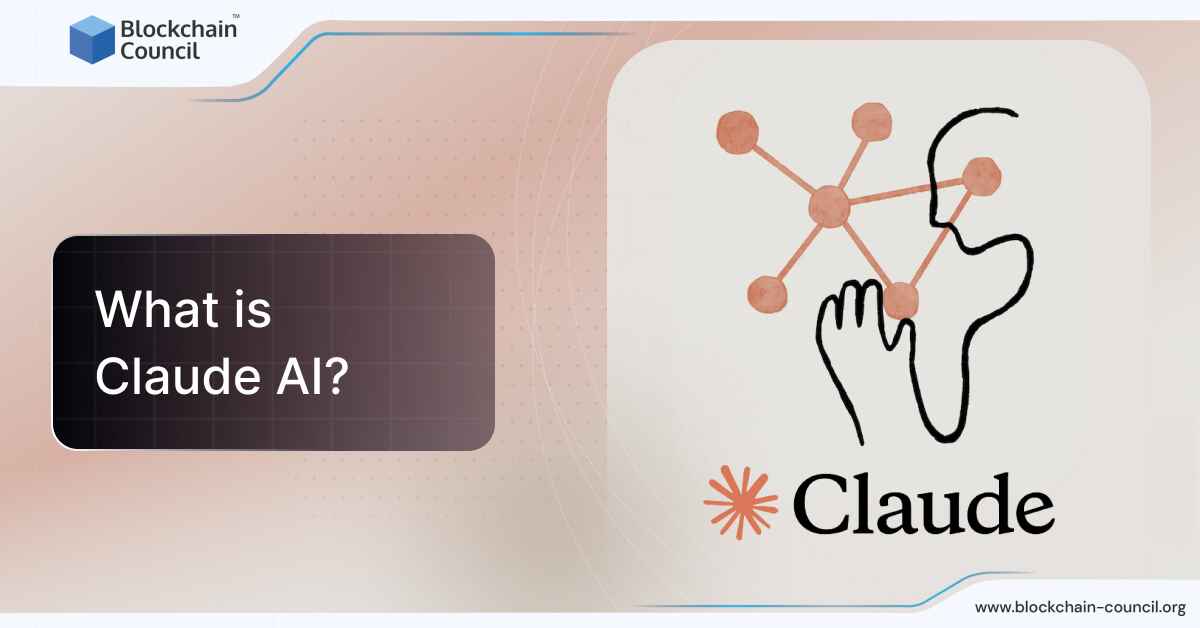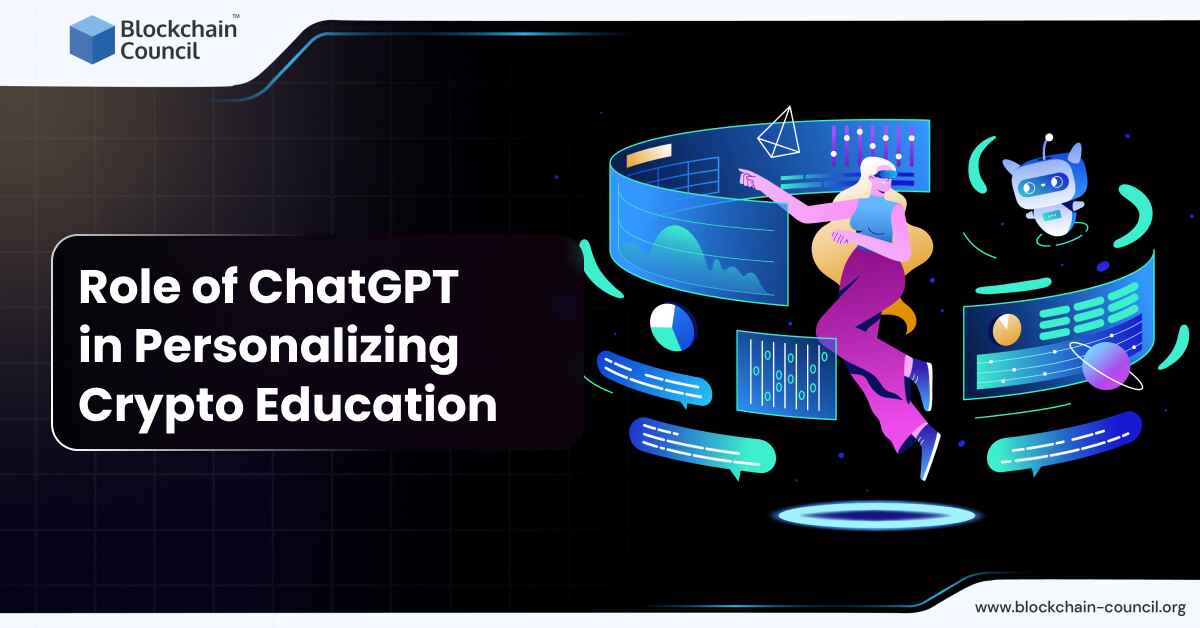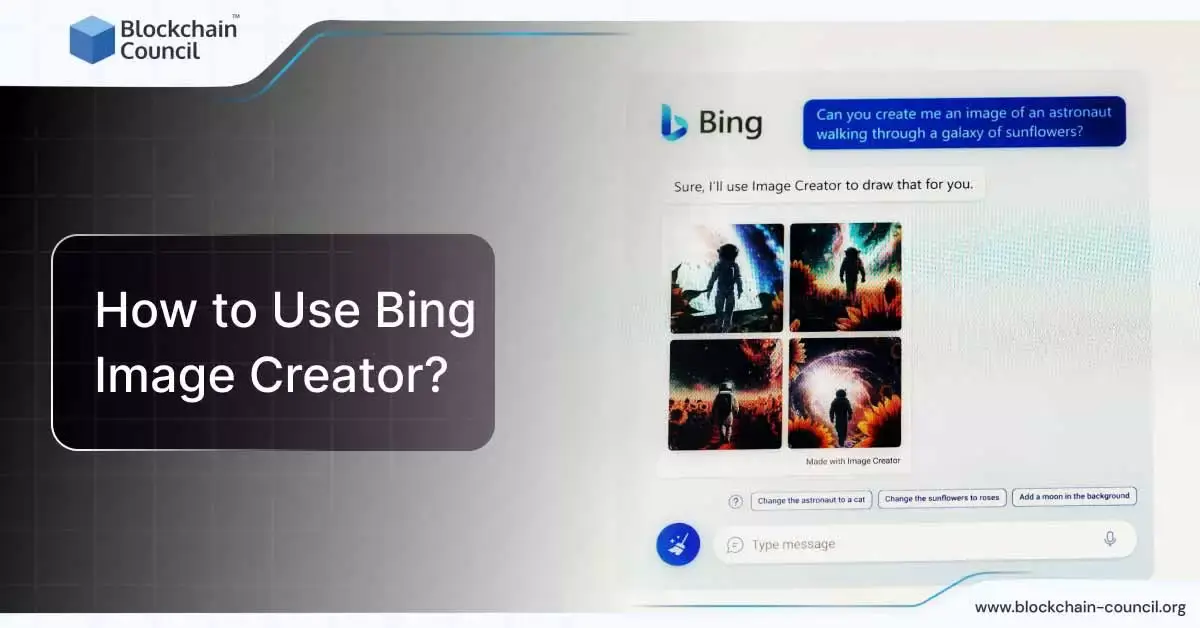
- Blockchain Council
- January 03, 2025
Solidity, the primary programming language for writing smart contracts on the Ethereum Blockchain, is becoming increasingly popular as the demand for decentralized applications grows. Here’s a comprehensive guide for those looking to start or enhance your career as Solidity developers in 2025.
Understanding the Basics of Blockchain and Solidity
Introduction to Blockchain and Ethereum
Solidity developers must possess a strong foundation in Blockchain technology, with a specific emphasis on Ethereum since Solidity is predominantly used within the Ethereum ecosystem. Understanding the Ethereum Virtual Machine (EVM), which executes smart contracts, is crucial for developing secure and efficient applications.
Learning Solidity Fundamentals
Solidity developers need to grasp various data types, control structures like loops and conditional statements, and functions that can modify or read the Blockchain state. Mastering these basics is key for building simple to advanced smart contracts.
Advanced Concepts and Real-World Application
Mastering Advanced Features
To excel in Solidity development, one should understand inheritance, libraries, and inline assembly for low-level coding. These advanced concepts allow developers to create more sophisticated and optimized smart contracts.
Building Decentralized Applications (DApps)
The real-world application of Solidity involves developing DApps. This includes not only coding smart contracts but also integrating them with front-end interfaces using web technologies and Blockchain interaction protocols like web3.js or ethers.js.
Educational Pathways
Formal Education and Online Courses
While a degree in computer science is beneficial, it is not mandatory. Many online courses and bootcamps are available that focus specifically on Ethereum and Solidity. These programs often start with basic programming concepts and gradually advance to complex smart contract development.
Practical Experience
Gaining hands-on experience by building projects or contributing to open-source projects is invaluable. Practical application helps solidify understanding and demonstrates competence to potential employers.
Continuing Education
Staying updated with the latest developments in the Blockchain space and continually upgrading one’s skills is essential due to the fast-paced nature of technology. Participating in forums and discussions can also provide insights and help keep up with industry standards and best practices.
Certification and Specialization
In your journey to become a proficient Solidity developer, obtaining the Certified Solidity Developer™ certification can be a significant milestone. This certification focuses on the use of the object-oriented Solidity language to build and deploy smart contracts on Ethereum-based applications. Solidity is the primary programming language of the Ethereum Blockchain, which is a vital platform for launching decentralized applications (dApps) and other Blockchain projects.
What the Certification Offers:
- Comprehensive Learning: The curriculum for the Certified Solidity Developer™ is carefully designed by industry experts to cover all essential aspects of smart contract development using Solidity. This includes a deep dive into Blockchain basics, the specifics of the Solidity language, and advanced smart contract functionalities.
- Practical Skills: The certification program provides hands-on experience in creating, compiling, and deploying smart contracts on the Ethereum platform. It also includes modules on developing Ethereum tokens and building a voting dApp, which are critical skills for any Blockchain developer.
- Career Advancement: With this certification, you’ll gain an in-demand skill set that is highly valued in the international job market. The knowledge and credentials obtained can significantly boost your professional profile and open up new opportunities in the Blockchain space.
Why Be Certified by the Blockchain Council?
Gaining a certification from the Blockchain Council can significantly elevate your professional standing in the tech industry. This organization is renowned for its commitment to providing the highest standards of education in the Blockchain sector. Their certifications are recognized globally, indicating a reliable and thorough knowledge of the subject matter.
The Blockchain Council collaborates with industry leaders to develop its courses, ensuring that they are comprehensive and up-to-date with the latest technological advancements and market demands. This not only helps in bridging the gap between evolving technology and workforce skills but also enhances the employability of the certificate holders.
The council’s focus on real-world applications and problem-solving skills prepares candidates for immediate and effective industry engagement, making their certification highly valuable for anyone looking to advance or start a career in Blockchain technology.
Conclusion
Becoming a Solidity developer in 2025 involves a mix of educational efforts, practical experience, and ongoing learning. Whether you’re starting from scratch or looking to deepen existing Blockchain knowledge, the journey is full of opportunities for those who are diligent and passionate about decentralized technology. With the right approach, you can position yourself at the forefront of this exciting field, contributing to innovations that may redefine how we interact with the digital world.
FAQs
What is Solidity?
- Solidity is a high-level programming language used to write smart contracts on the Ethereum Blockchain.
- It allows developers to define the rules and behaviors of decentralized applications (DApps) and automate transactions without intermediaries.
- Solidity is statically typed, supports inheritance, libraries, and complex user-defined types.
- It compiles to bytecode that runs on the Ethereum Virtual Machine (EVM), enabling the execution of smart contracts on the Ethereum network.
How can I become a Solidity developer?
- Start by understanding Blockchain basics and Ethereum’s ecosystem, as Solidity is primarily used on Ethereum.
- Learn Solidity fundamentals such as data types, control structures, and functions.
- Explore advanced features like inheritance, libraries, and low-level coding with inline assembly.
- Gain practical experience by building projects, contributing to open-source initiatives, and participating in online communities.
- Consider pursuing formal education or online courses focused on Ethereum and Solidity, and stay updated with the latest developments in the Blockchain space.
Why should I obtain the Certified Solidity Developer™ certification?
- The certification validates your proficiency in using Solidity to develop smart contracts on the Ethereum platform.
- It covers essential aspects of smart contract development, including Blockchain basics, Solidity language specifics, and advanced functionalities.
- The program provides hands-on experience in creating, compiling, and deploying smart contracts, along with modules on developing Ethereum tokens and building decentralized applications (DApps).
- Certification enhances your professional profile, making you more attractive to potential employers in the Blockchain industry.
What are the benefits of certification from organizations like the Blockchain Council?
- Certifications from reputable organizations like the Blockchain Council demonstrate your commitment to excellence in Blockchain technology.
- They are recognized globally, indicating a reliable and thorough understanding of the subject matter.
- Courses developed in collaboration with industry leaders ensure that content is comprehensive and up-to-date with the latest technological advancements.
- Certifications from organizations like the Blockchain Council enhance employability by focusing on real-world applications and problem-solving skills, preparing candidates for effective industry engagement.





































































 Guides
Guides News
News Blockchain
Blockchain Cryptocurrency
& Digital Assets
Cryptocurrency
& Digital Assets Web3
Web3 Metaverse & NFTs
Metaverse & NFTs
